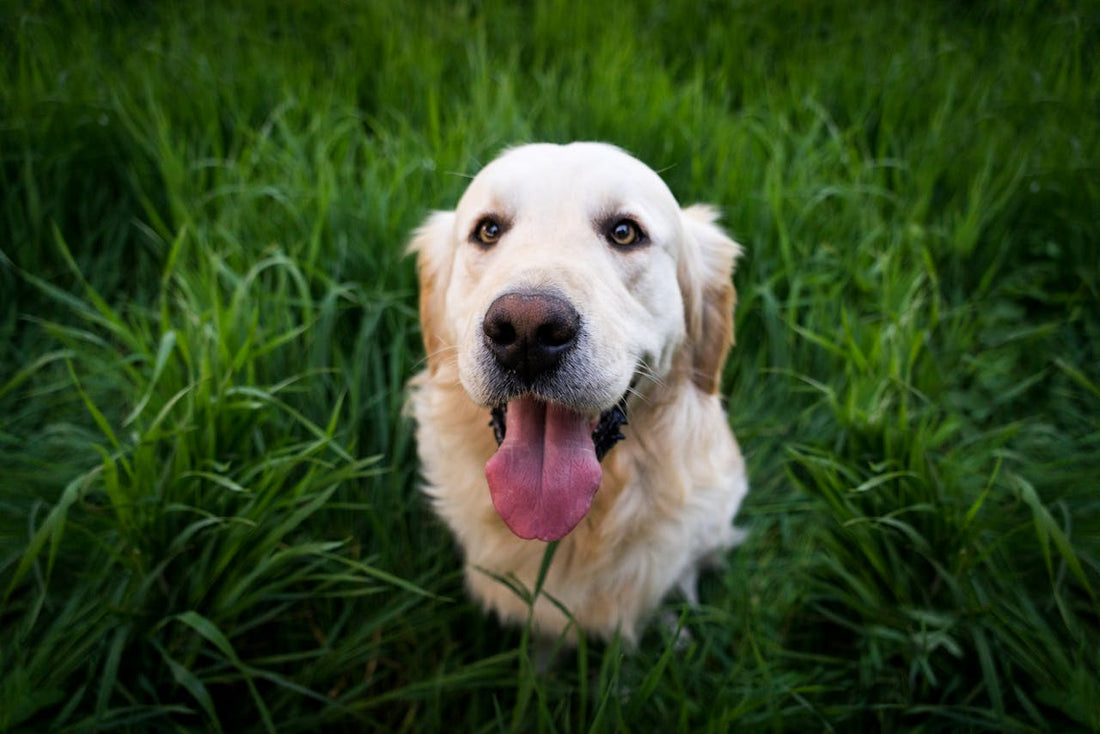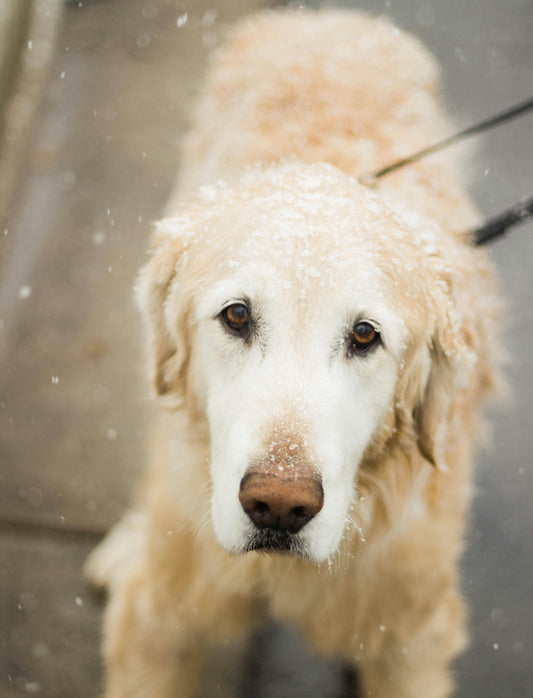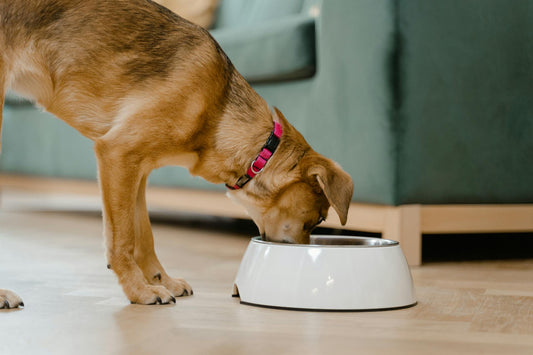
Dogs with Higher Chance of Developing Hay Fever
Pet Stop Boutique1. Labrador Retrievers: Labradors are popular family pets known for their friendly demeanor and affectionate nature. However, they are also one of the breeds more susceptible to allergies, including hay fever. Their short, dense coats may harbor allergens like pollen or dust, leading to allergic reactions.
2. Golden Retrievers: Like their Labrador counterparts, Golden Retrievers are friendly, outgoing dogs that can be prone to allergies. Their thick double coat may trap allergens, contributing to allergic symptoms such as itching, sneezing, and watery eyes.
3. German Shepherds: German Shepherds are intelligent, loyal dogs often used in various roles, including as police or service dogs. However, they can be predisposed to allergies, including hay fever. Their dense, double-layered coat requires regular grooming to minimize allergen buildup.
4. Boxers: Boxers are known for their playful and energetic personalities, but they are also prone to allergies. Their short, smooth coat may not offer as much protection against allergens, making them more susceptible to hay fever symptoms.
5. Dalmatians: Dalmatians are distinctive dogs known for their spotted coats and unique appearance. However, they are also among the breeds with a higher risk of developing allergies, including hay fever. Their short, dense coat may trap allergens, leading to allergic reactions.
6. Bulldogs: Bulldogs are characterized by their wrinkled faces, muscular build, and distinctive pushed-in noses. While they may not have as much fur as some other breeds, they are still prone to allergies, including hay fever. Their wrinkles can trap allergens, leading to skin irritation and other allergic symptoms.
It's important to note that while these breeds may have a higher predisposition to allergies, individual dogs within any breed can vary in their sensitivity to allergens. Additionally, mixed-breed dogs can also develop hay fever or other allergic reactions. If you suspect that your dog is experiencing hay fever or allergies, it's essential to consult with your veterinarian for proper diagnosis and treatment. They can provide guidance on managing your dog's symptoms and improving their quality of life.






